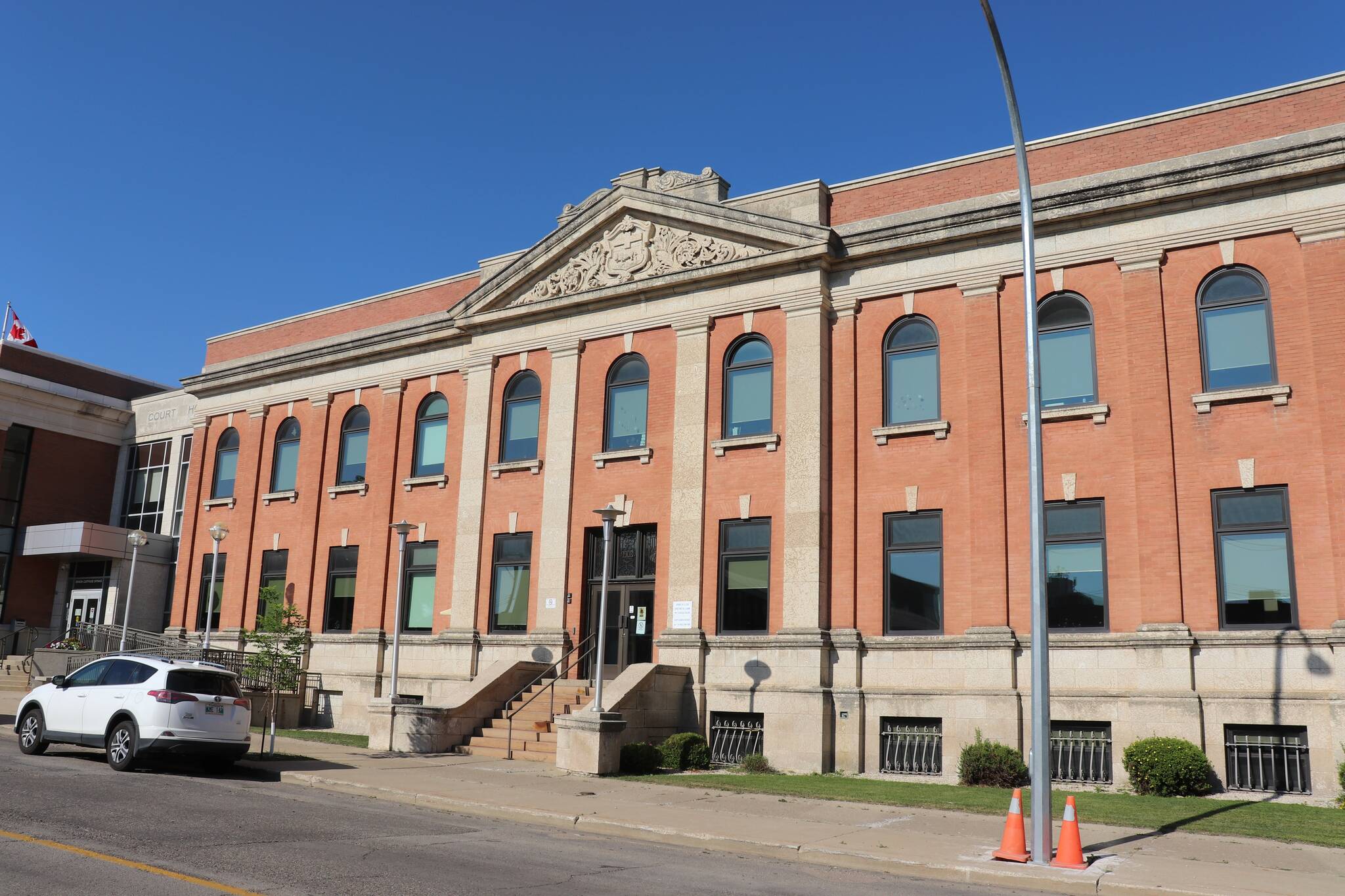Top Stories
Man Acquitted After Breath Test Evidence Deemed Inadmissible

BREAKING: A man has been acquitted of driving under the influence after a critical ruling on breath test evidence. Robert Schneider, who drove through a red light and crashed into a farmer’s field, faced charges of impaired driving and exceeding the legal blood alcohol limit of 0.08. However, a judge ruled the breath test evidence inadmissible due to a violation of his charter rights.
In a decision made on Monday, October 30, 2023, Judge Patrick Sullivan highlighted that the investigating officer improperly detained Schneider, leading to the exclusion of the breath test results. During a trial, two witnesses described how they saw Schneider drive recklessly at the intersection of Highway 110 and Highway 10 on May 15, 2024, before crashing into a field.
Witnesses reported that Schneider did not slow down or stop at the red light and drove off the road, ultimately stopping about 50 meters into the field. One witness called 911, prompting a quick response from emergency services and police. When authorities arrived, Schneider was found bleeding from his nose and displaying signs of confusion, yet the officer noted he did not initially detect any odor of alcohol.
The case took a critical turn when the officer recounted a remark made by a paramedic who suggested Schneider was “drunk.” Judge Sullivan pointed out that this comment did not hold evidentiary value but influenced the officer’s subsequent actions. Following the incident, Schneider was transported to a hospital, where the officer observed him swaying and slurring his words. Eventually, the officer detected the smell of alcohol.
The legal proceedings revealed that after Schneider was moved to a private waiting room, he made unsolicited comments about his drinking history, which the defense argued were prompted by the officer’s questioning. Sullivan noted that the officer failed to inform Schneider that he was under investigation for impaired driving at the time.
The officer’s demand for a breath test came approximately 7 minutes after Schneider was placed in the private room, raising questions about the legality of the detention. Under the Canadian Charter of Rights and Freedoms, individuals have the right to legal representation when detained, a right that was not afforded to Schneider until after the test failed.
Sullivan concluded that Schneider was “psychologically detained” during this time, and therefore, the subsequent breath test results were excluded from evidence. Without this key evidence, the Crown could not prove beyond a reasonable doubt that Schneider was impaired at the time of the incident. However, Sullivan did find sufficient evidence to convict him of impaired driving based on observed behavior.
This case raises significant questions regarding the treatment of individuals during DUI investigations and the importance of adhering to legal protocols. As the legal community and the public dissect this ruling, it is clear that the implications for future DUI cases could be profound.
Developments in this story are ongoing, and it remains critical for readers to stay informed about legal interpretations and their impact on public safety. This ruling could serve as a pivotal case in understanding the balance between enforcement and individual rights.
Stay tuned for further updates on this developing story.
-

 World3 months ago
World3 months agoScientists Unearth Ancient Antarctic Ice to Unlock Climate Secrets
-

 Entertainment3 months ago
Entertainment3 months agoTrump and McCormick to Announce $70 Billion Energy Investments
-

 Science3 months ago
Science3 months agoFour Astronauts Return to Earth After International Space Station Mission
-

 Lifestyle3 months ago
Lifestyle3 months agoTransLink Launches Food Truck Program to Boost Revenue in Vancouver
-

 Technology2 months ago
Technology2 months agoApple Notes Enhances Functionality with Markdown Support in macOS 26
-

 Top Stories1 week ago
Top Stories1 week agoUrgent Update: Fatal Crash on Highway 99 Claims Life of Pitt Meadows Man
-

 Sports3 months ago
Sports3 months agoSearch Underway for Missing Hunter Amid Hokkaido Bear Emergency
-

 Politics2 months ago
Politics2 months agoUkrainian Tennis Star Elina Svitolina Faces Death Threats Online
-

 Technology3 months ago
Technology3 months agoFrosthaven Launches Early Access on July 31, 2025
-

 Politics3 months ago
Politics3 months agoCarney Engages First Nations Leaders at Development Law Summit
-

 Entertainment3 months ago
Entertainment3 months agoCalgary Theatre Troupe Revives Magic at Winnipeg Fringe Festival
-

 Politics1 week ago
Politics1 week agoShutdown Reflects Democratic Struggles Amid Economic Concerns











